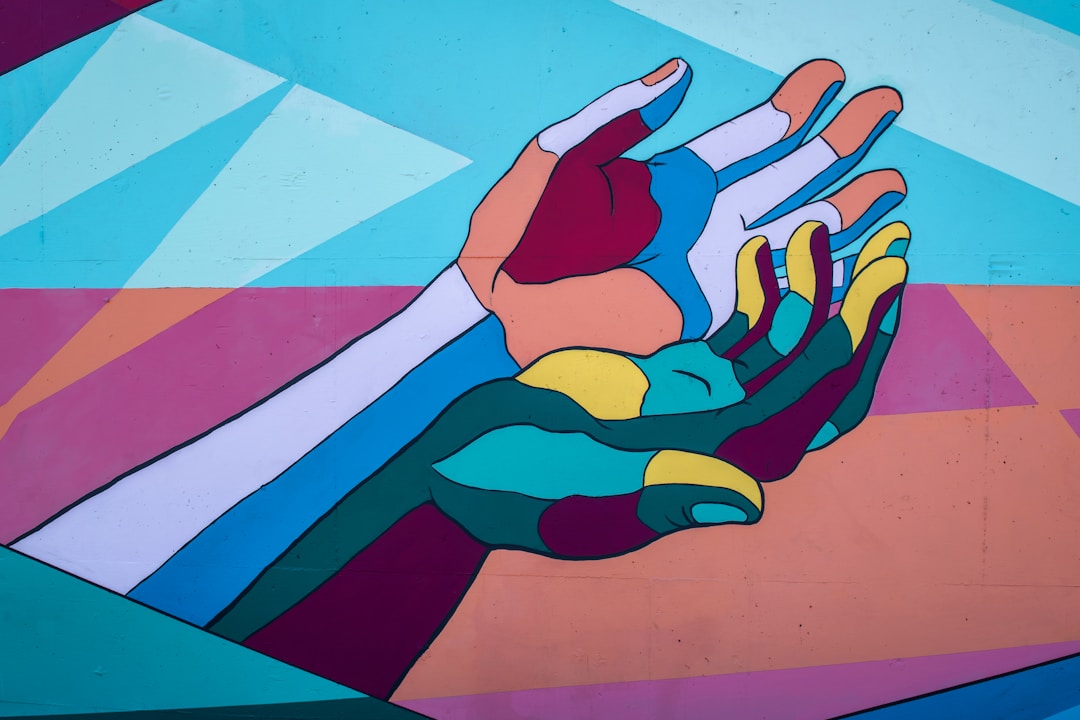Never before has it been so clear that the world is interconnected. No matter where you live, odds are that you or someone you know was directly impacted by the COVID-19 pandemic. Many people are still experiencing the very real and lasting effects of a two-year pandemic that touched everyone. For some people, one of the hardest parts of living through a pandemic has been the anxiety and depression that comes with uncertain times, lifestyle changes, grief, and isolation. In fact, statistics show that more people than ever are reporting signs and symptoms of anxiety and depression. With psychologists warning about the high demand for services and a global mental health crisis, there’s no doubt that access to therapy is a public health issue.
The pandemic did damage to our overall mental well-being and also caused a collective shift in the job market across all industries. Essential workers were faced with higher case and client loads than ever before, and therapists are not immune to the burnout and fatigue that’s come from changes in the world. To understand why and how access to therapy has become a public health issue and how you can help out, read on.
Increasing Demands for Therapy

More than ever, people have been using Google to search for terms like “how to find a therapist” due to a rise in mental illness and symptoms of depression across the world. Unfortunately, the mental health industry is no different than many in that there are shortages of therapists out there for the demand. Therapy offices can take months to get into, and finding the right therapist for you can be an even bigger challenge. However, not all hope is gone. In fact, with the rise of therapy groups offering online services, there are ways to get professional help for your mental health challenges if you’re willing to be flexible.
Working with a new therapist through a great place like Therapy Group of New York is possible if you’re clear about the type of therapist that would be a good match for you, open-minded about group therapy, and willing to see an LCSW, an LMFT, a CHC, or another master’s degree-level professional. In making your first calls to a mental health provider, you can help yourself to find the right match for yourself by being clear about your challenges and asking for someone who has an area of expertise that relates to your particular needs. If you’ll need to wait or be put on a waiting list, consider asking about online services, support groups, and other options for getting immediate help. Calling your community health agency can be a great way to begin working on your mental health, too.
Making a Difference and Why It Matters

The reality is that the mental health crisis brought on by the pandemic is causing access to therapy to become a public health issue. While mental health professionals are working hard to meet the demand, more people are having trouble hiring a local therapist for face-to-face sessions. For this reason, people looking to make a difference are considering important degrees like earning a bachelors in public health to tackle the bigger issue.
In This Together

As we face another crisis together, this time declining mental health as a result of the global pandemic, it’s important to remember we aren’t alone and be both patient and open-minded about things like video conferencing and affordable treatment options. There is, in fact, hope on the horizon.
At the end of the day, mental health impacts everyone, but especially since the pandemic, it’s more important than ever before that we do our parts in checking in on our neighbors and friends. If you or a family member or someone you care about is suffering from signs of depression, let them know they aren’t alone, and encourage them to reach out.




